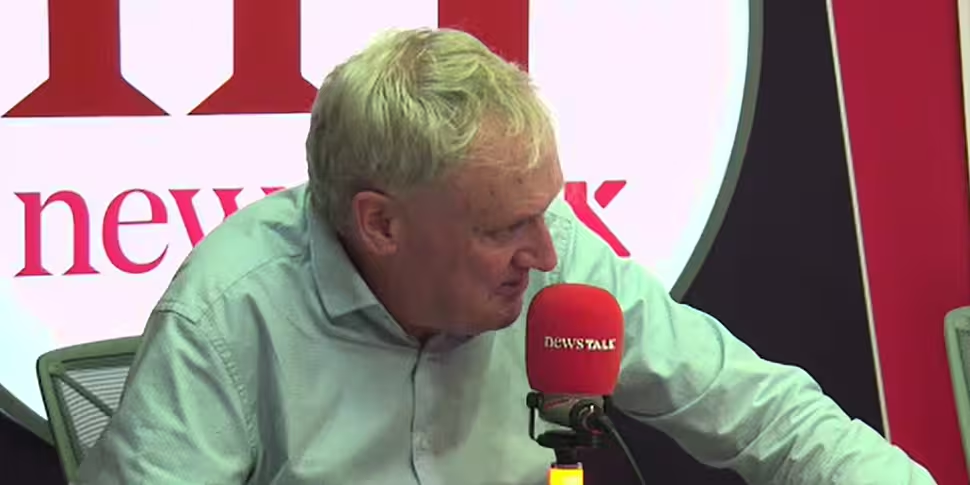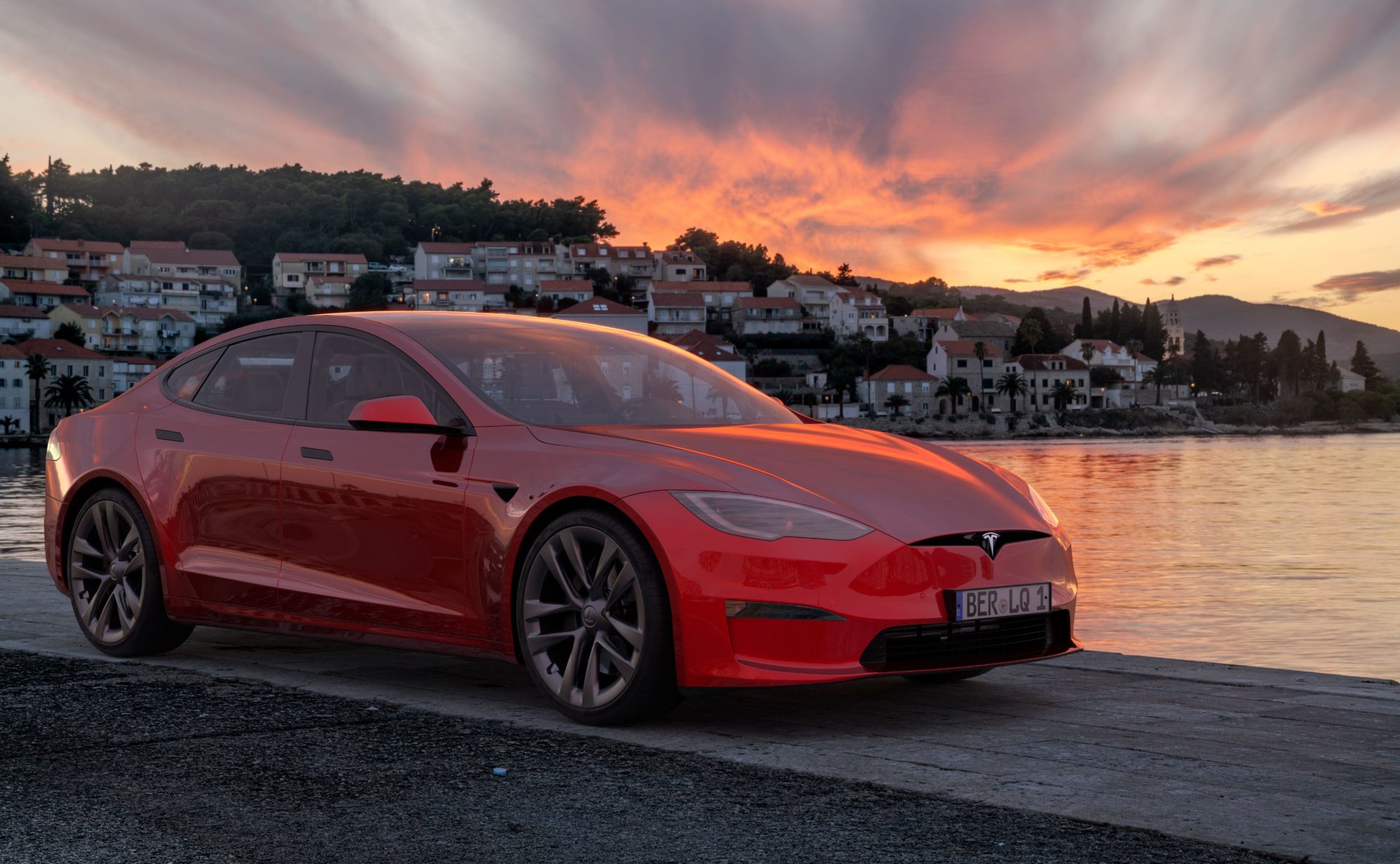As the drive towards autonomous cars gathers pace, technology could eventually offer answers to the rising death toll of Irish roads, according to Professor Luke O’Neill.
Earlier this week, electric car giant Tesla agreed to settle a lawsuit over a 2018 that killed Apple engineer Walter Huang after his Model X crashed into a highway barrier.
Had the trial gone ahead, it would have invited increased scrutiny of the Elon Musk-owned firm’s Autopilot and Self-Driving technologies.
That came after several other high-profile accidents involving driverless cars as companies work to improve the fledgling technology.
On The Pat Kenny Show this morning, Trinity Professor Luke O’Neill said the cars have the potential to seriously reduce the number of road deaths recorded around the world.
“That’s the serious part,” he said. “There's 1.25 million people die every year on the roads and as you know, in Ireland there has been 61 deaths this year.
“This will get rid of that because [the cars] don't drink, they don't speed and they follow the rules of the road.
“These vehicles should be at much lower risk of causing accidents – that’s the ultimate prize, to stop that level of that death toll.”
Autonomous driving
Prof O’Neill said other companies like Uber and General Motors have also invested heavily in autonomous vehicles – but do not believe the technology is ready for general rollout.
That followed several other high-profile accidents – including one in which the technology did not recognise a woman on a bike because she was carrying shopping bags on her handlebars.
“Driving is a very social activity,” said Prof O’Neill. “You're reading the other drivers and trying to get the nuance, especially on a roundabout and things like that.
“In other words, there's more going on than just the machine driving down the road – you're reading what's going on the whole time.
“It's a very high-level human activity trying to second guess what other drivers are doing and it's very hard to build that into the software, it turns out.
“So as a result, they're bringing in social scientists now to help them design the programmes in the cars to be able to anticipate the nuance of human behaviour.”
Despite the current problems, there are many reasons to be hopeful about the future of the technology.
“They're still investing billions in this to stop all the deaths for a start, but also to make things more efficient and so it's not as if they're given up,” he said.
“The question is how many variables as we call them can you stick into the algorithms so the car can anticipate things, but they are trying.
“Then, remember, there is machine learning as you know – AI can learn as it goes along. So, let's say you have 5000 robotaxis out there at the moment, that'll feed information back into headquarters about different incidents and that will teach the next robotaxi to change its behaviour in a certain set of circumstances.
“The only question is how long will this take to get them up to sufficient safety levels to be feasible.”
Driverless superhighway
Prof O’Neill said the other use for the technology is driverless trucks with designated road lanes that keep them separate from normal traffic.
He said 23 US states are currently exploring that option.
You can listen back here:










